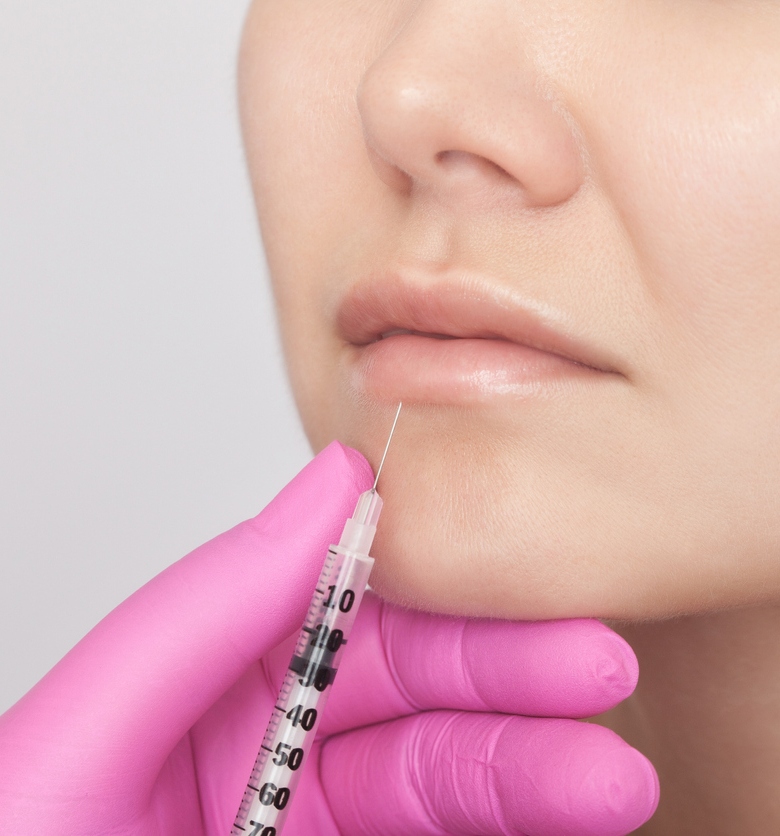Lip filler market continues growth

The global lip filler market, valued at US$420 million last year, is expected to grow at least four percent a year for the next 10 years, writes Jenny Berich.
According to a new report by Future Market Insights, key drivers for the growing demand are social media, the ‘selfie culture’ and celebrities such as Kylie Jenner.
The market intelligence consultancy says lip fillers are “a highly feasible and readily accessible option” for consumers who want to be “picture ready” at all times although “potential risks such as temporary bruising and permanent tissue spoilage” daunt some.
Other factors expected to drive the global market in the next 10 years include:
- The ‘natural outcomes’ and short durations of the procedures
- The ageing of the population
- The increase in minimally invasive cosmetics procedures
- The proliferation of payment options
- The increasing in research and development activities by lip filler manufacturers
Other factors expected to negatively impact on the growth of the market during the same period include:
- Adverse effects of lip fillers
- Increase in the number of unregulated procedures
- Lack of required skills to inject the fillers
Key trends expected to impact the market include:
- The shift from invasive to minimally invasive procedures
- Younger target market
- Continuous product launches
- Expansion in the Asia Pacific market
“The low complexity of the procedure, the possibility for reversal of the procedure, and the less time taken as compared to other surgical aesthetic procedures are among factors boosting the demand,” the report says.
“The predominant strategy used in the lip fillers market (whose key players include Allergan, Galderma, Merz, Luminera, Teoxane, Bohus BioTech, Aquamid, Vivacy, Bioha Laboratories and Zimmer Aesthetics) is expansion and product launches and merging with other service providers in order to expand reach to customers.”
The report also notes that hyaluronic acid (a natural polysaccharide that is absorbable by the body) will continue to be the most popular filler choice over Polymethylmethacrylate (PMMA) which is a non-absorbable synthetic polymer.
